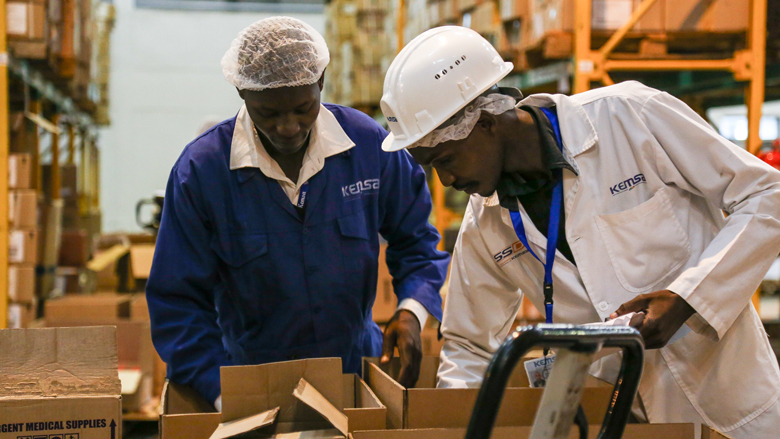
The African continent remains a critical market for South Africa’s agricultural exports, accounting for 37% of the country’s record agricultural exports of USD12.8 billion in 2022. This trend has been consistent over the past five years, with the African continent averaging 38% of South Africa’s agricultural exports by value per annum. Maize is the leading export product to Africa, followed by other products such as fruits, beef, wool, wine, wheat, animal feed, prepared foods, and more.
The Southern African Development Community (SADC) Free Trade Area, which includes countries like Botswana, Namibia, Mozambique, Zimbabwe, Lesotho, Eswatini, Zambia, Angola, Nigeria, and Mauritius, has been a significant market for South African agricultural exports. The proximity advantage and infrastructure of these markets have contributed to the concentration of South African agricultural exports to this region, except for Nigeria. The SADC and other African markets present valuable trade opportunities for South African agribusinesses.
However, challenges such as policy decisions by neighboring countries can impact trade relations. For instance, Namibia and Botswana’s decision in 2022 to block vegetable imports from South Africa negatively affected South African farmers who had increased production in anticipation of regional demand. Close collaboration with the regional business community and government can help address trade concerns and avoid erroneous policy decisions that could disrupt trade relations.
Looking ahead, there are prospects for increased demand for South African agricultural products in the 2023/24 marketing year within the African continent. Reports from the Famine Early Warning Systems Network (FEWS NET) suggest that dry and hot weather conditions, as well as higher fertilizer prices, have impacted crops in countries like Angola, Zimbabwe, Mozambique, and Madagascar. This could lead to increased import needs for these countries, presenting opportunities for South African exporters to meet the demand.
One country to watch closely is Kenya, which is expected to increase its maize imports in the 2023/24 marketing year. Kenya’s primary sources of maize imports in the previous season were Tanzania and Zambia, with minimal participation from South Africa due to prohibitive anti-genetically modified crop regulations. However, if maize crops face production challenges in these countries, there may be opportunities for South African producers to increase supplies to the Kenyan market.
It is crucial for the South African agribusiness community, along with government officials, to maintain close engagement with counterparts across the African continent. This not only serves as a diplomatic consideration but also as a commercial matter. Building and maintaining strong trade relationships with African countries can help South African agribusinesses to leverage market opportunities, address trade concerns, and foster mutually beneficial trade relations.
In addition to expanding into new export markets such as India, China, Bangladesh, Saudi Arabia, and South Korea, South Africa should continue to actively engage with existing markets, particularly in Africa, to promote further growth of its agricultural exports. By diversifying export markets and maintaining strong trade relationships, South African agribusinesses can enhance their competitiveness, contribute to the growth of the agricultural sector, and support the country’s economy.


















